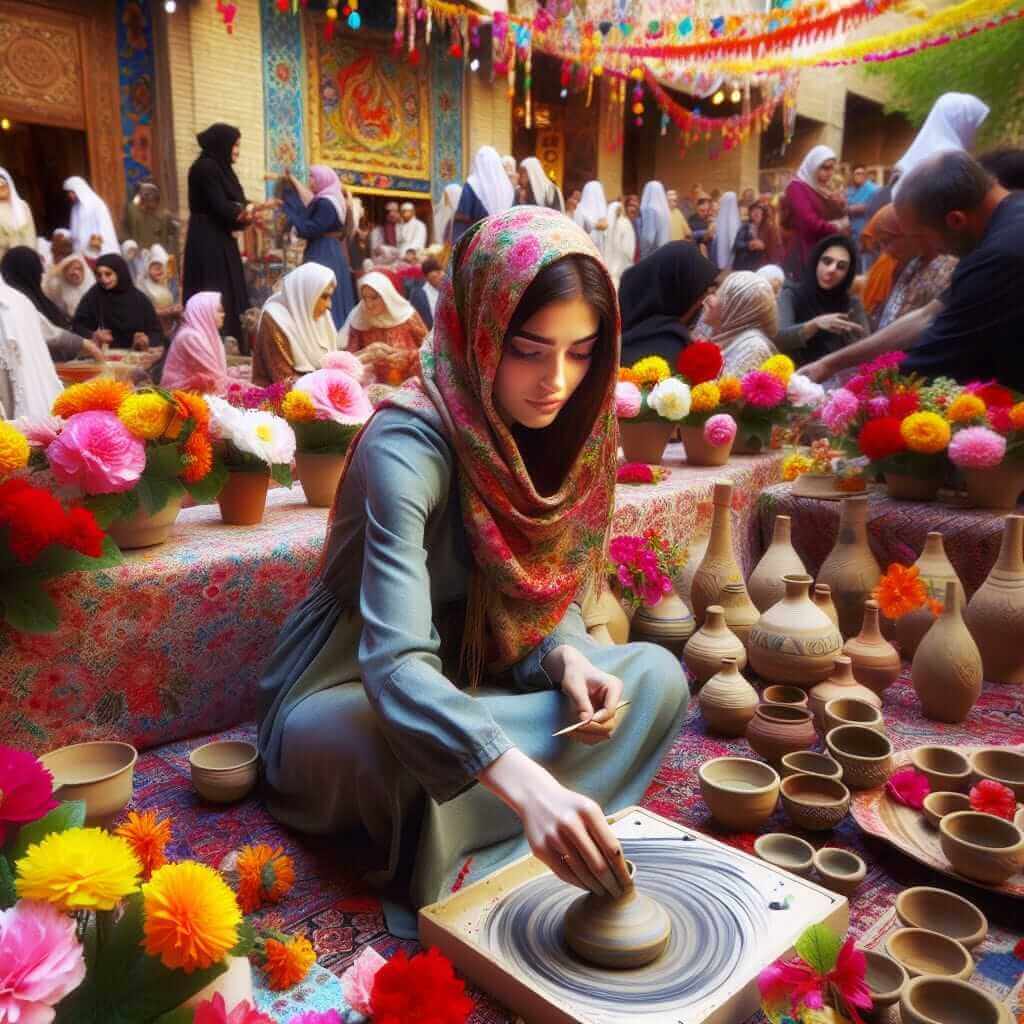The IELTS Speaking Test is designed to evaluate various aspects of your spoken English skills, including fluency, coherence, vocabulary, grammar, and pronunciation. As an IELTS Speaking Examiner, I have noticed that questions about cultural experiences frequently make an appearance. These questions allow examiners to assess how well candidates can articulate their thoughts and experiences clearly and logically.
In this article, we will delve into how to effectively answer one such question: “Describe a time when you learned something from a different culture.” We will provide you with sample answers, key vocabulary, and strategies to help you achieve a high band score.
Part 1: Introduction and Interview
In Part 1, the examiner typically asks questions to introduce you and make you feel comfortable. These questions often cover familiar topics such as your home, work, studies, and interests.
Common Question
“Do you enjoy learning about other cultures?”
Sample Answer
“Absolutely, I find learning about other cultures incredibly fascinating. It broadens my perspective and helps me appreciate the diversity of the world. For instance, I recently learned about Japanese tea ceremonies, which are a beautiful blend of tradition, art, and mindfulness.”
Part 2: Long Turn
Cue Card
Describe a time when you learned something from a different culture. You should say:
- What culture it was
- What you learned
- How you learned it
- And explain how this learning experience influenced you
Sample Answer
“I would like to talk about an experience I had while participating in a student exchange program in Thailand. It was during this program that I learned about the Thai tradition of ‘Loy Krathong,’ which is the festival of lights. I was fortunate enough to be part of the celebrations.
During the festival, people create small floating baskets called ‘krathongs,’ which they release into rivers and waterways. These krathongs are adorned with candles, incense sticks, and flowers. The act of releasing a krathong symbolizes letting go of negative emotions and making wishes for the future.
I learned about this tradition mainly through my Thai host family, who included me in their preparations and explained the significance behind each element of the krathong. Additionally, I watched several documentaries and participated in discussions with locals.
This learning experience was truly enlightening. It made me realize the importance of cultural practices in bringing communities together and preserving heritage. Moreover, it emphasized the universal human desire for renewal and hope, which transcends cultural boundaries.”
Bullet Points for Follow-Up Questions
-
“Why do you think traditions and festivals are important for a culture?”
- Traditions and festivals play a crucial role in maintaining the social fabric of a community. They foster a sense of identity and belonging, while also preserving historical and cultural heritage.
-
“How can learning about other cultures benefit individuals?”
- Learning about other cultures promotes tolerance, empathy, and a broader worldview. It can also inspire personal growth and creativity by introducing new ideas and perspectives.
-
“What are some other cultural experiences you have had?”
- Apart from Loy Krathong, I have experienced Diwali celebrations in India, which taught me about the significance of light and victory of good over evil. I also participated in a traditional Swiss cheese-making workshop, which was an intriguing insight into culinary traditions.
Part 3: Two-way Discussion
Examiner’s Question
“Do you think globalization is eroding cultural differences?”
Sample Answer
“Globalization certainly has its complexities. On one hand, it has facilitated greater understanding and interaction between diverse cultures, which can help preserve and promote cultural practices. However, there is also the risk of homogenization, where unique cultural identities may be diluted. It is crucial to strike a balance where cultural exchange is encouraged without compromising the integrity of individual traditions.”
Additional Follow-Up Questions
-
“In what ways can technology aid in preserving cultural heritage?”
- Technology can aid in documentation and digital archiving of cultural practices, making them accessible to a global audience. Virtual reality and augmented reality can also recreate cultural experiences, providing immersive learning opportunities.
-
“How important is it for children to learn about their own culture compared to other cultures?”
- It is vital for children to have a strong understanding of their own culture to develop a sense of identity. However, learning about other cultures is equally important to foster open-mindedness and social harmony.
Key Vocabulary and Structures for High Scores
Vocabulary
- Cultural heritage (n.) – The legacy of physical artifacts and intangible attributes of a group or society.
- Learning about cultural heritage is essential for preserving history.
- Tradition (n.) – Custom or belief passed down through generations.
- My family has a tradition of celebrating New Year’s Eve with a special dinner.
Structures
- Using Complex Sentences
- While participating in the student exchange program, I not only learned about Thai culture but also made lifelong friends.
- Using Conditionals
- If I hadn’t attended the Loy Krathong festival, I would have missed out on a profound cultural experience.
Conclusion: Tips for High Scores
Achieving a high band score in the IELTS Speaking Test requires more than just fluency. Here are some tips to help you:
- Expand Your Vocabulary: Use a variety of words and avoid repetition.
- Practice Structured Responses: Ensure your answers are coherent and logically organized.
- Be Spontaneous Yet Organized: Practice answering questions clearly but naturally.
- Use Diverse Sentence Structures: Incorporate complex sentences, conditionals, and passive voice where appropriate.
By integrating these strategies and understanding the expectations of IELTS examiners, you can confidently approach the Speaking Test and aim for a high score. Best of luck!

For more examples and guidance, you might also find these links useful: